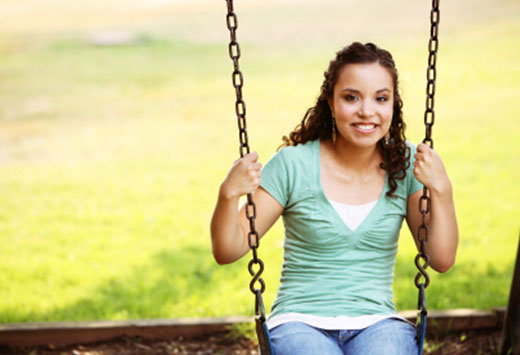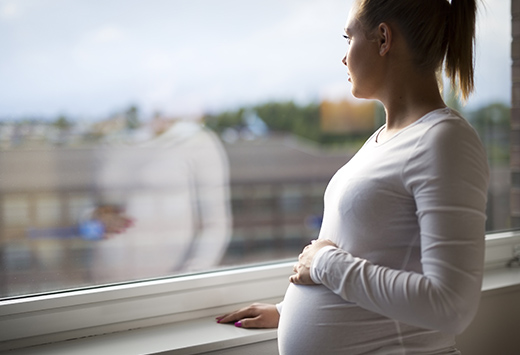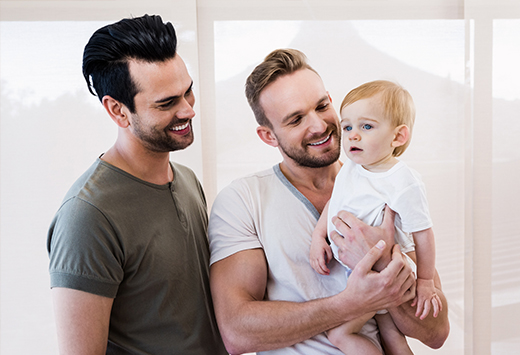While terms such as ‘postnatal’ or ‘postpartum depression’ are common knowledge in modern society, ‘post-adoption depression’ still remains a little-discussed topic. Relatively common, and just as upsetting, in this article we’ll be exploring what to do should depression strike post adoption, and the steps you can take to prevent this.
The Causes
Many adoptive parents have been dreaming of raising a child for some time. Because of this, they may have unrealistic expectations for the early days with their adoptive child. They may be expecting an instantaneous bond, or a child that’s openly loving. Instead, the child may be withdrawn or quiet, or display challenging behaviour due to previous traumas in their life.
In the case of lgbt adoption for example, managing the expectations of others may be more of a problem. Combating negative attitudes towards same-sex parents, fuelled by the media, may feel like an uphill struggle, and lgbt adopters may feel the pressure to be perfect parents because of this.
For couples who’ve struggled with infertility, the process of adopting a child may trigger challenging and upsetting memories. If not resolved, this can impact on the bond you have with your new child, as well as triggering bouts of depression.
Finally, a common cause of post adoption depression can simply be adjusting to parenthood. While prospective parents may have dreamed of their new family for many years, it is not until you find yourself with a child that you learn your abilities to adjust to such a major change in your life. The demands of parenthood can be a shock to the system of any new parent, whether the child is adopted or biological.
The Symptoms
Symptoms of post-adoption depression are very similar to postnatal depression. These can include; feeling of anxiety, panic, or feeling overwhelmed, physical symptoms, such as; aches and pains, headaches, fatigue, and sleep changes. Your mood may also be affected, including becoming easily irritable or angry. This is by no means an exhaustive list, as depression affects each individual differently.
Prevention
The best way to avoid post-adoption depression is to be prepared for the range of emotions you’re going to feel during, and after the adoption process is complete. To help combat this you may find it helpful to talk with other parents who have adopted. Talking to others on online forums and groups will help you gain a realistic take on your expectations.If you’re adopting as couple, then communication is key. Don’t keep your feelings bottled up for fear of disappointing your significant other. It is only by being open and honest, that solutions can be found, and sometimes just having someone to listen to your worries can be all you need. If you adopted as a single parent, make sure you have someone to talk to also, be this your mom, dad, sister or bestfriend, as sharing really does lighten the load.
Final Thoughts
It’s important to mention that feeling depressed post-adoption doesn’t make you a bad parent. Bringing a child into your home is a monumental change, and some people simply are able to adjust more quickly than others. Typically these negative feelings resolve themselves with time, but if you’re starting to feel less in control of your emotions or moods, or are genuinely struggling to get up in the morning, it may be advisable to speak to your doctor. It's essential to remember that help is out there, and you are very much not alone in feeling this way.




